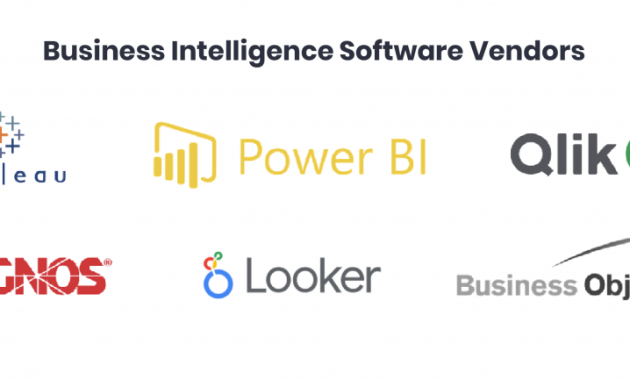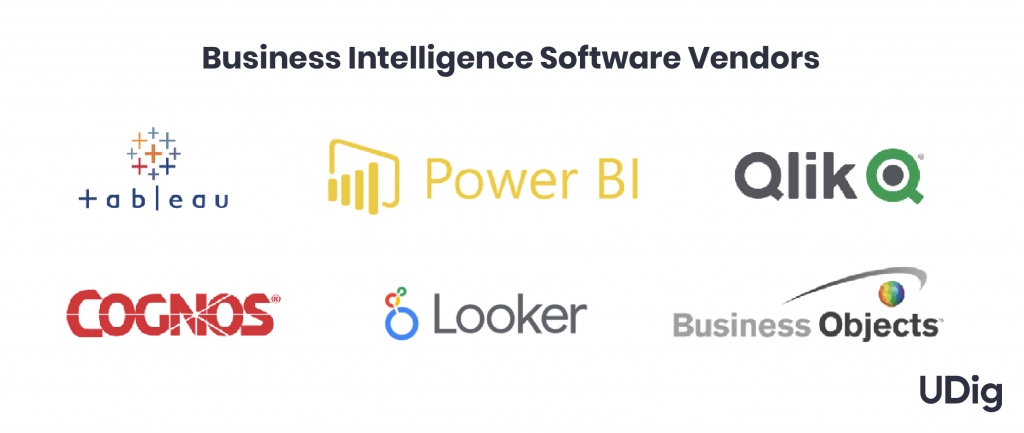
Boost Business Intelligence Software for Sales: A Comprehensive Guide
In today’s hyper-competitive marketplace, sales teams are under immense pressure to perform. They need every advantage to close deals and meet targets. This is where business intelligence (BI) software steps in. It provides the insights needed to make data-driven decisions. This article delves into how to boost business intelligence software for sales, empowering sales teams for success.
The evolution of sales has seen a dramatic shift. Gone are the days of relying solely on gut feelings. Now, data is king. Sales professionals leverage data to understand customer behavior, identify trends, and optimize sales strategies. Business intelligence software is the key to unlocking this potential. It transforms raw data into actionable insights. This allows sales teams to work smarter, not harder.
Understanding Business Intelligence Software
Business intelligence software encompasses a range of tools and technologies. They collect, analyze, and present data in a user-friendly format. This includes dashboards, reports, and visualizations. The goal is to enable informed decision-making. It provides a 360-degree view of sales performance. This helps identify areas for improvement and opportunities for growth. Understanding the core functions of the software is crucial.
Key features of BI software for sales include:
- Data integration: Connects to various data sources. These include CRM systems, marketing automation platforms, and spreadsheets.
- Data analysis: Analyzes data. It uncovers patterns, trends, and anomalies.
- Reporting and dashboards: Generates customizable reports. It creates interactive dashboards.
- Data visualization: Presents data in charts, graphs, and maps. This makes it easier to understand.
- Predictive analytics: Uses historical data to forecast future sales performance.
The Benefits of Business Intelligence Software for Sales
Implementing BI software can significantly impact sales performance. It offers a multitude of benefits. These benefits contribute to increased revenue and efficiency. When you boost business intelligence software for sales, you unlock its full potential.
Key benefits include:
- Improved sales forecasting: Accurate predictions. They help in resource allocation.
- Enhanced lead generation: Identify high-potential leads. It focuses sales efforts.
- Optimized sales strategies: Data-driven insights. They help refine sales approaches.
- Increased sales productivity: Automates tasks. It streamlines workflows.
- Better customer understanding: Gains deeper insights. They improve customer relationships.
Choosing the Right Business Intelligence Software
Selecting the right BI software is vital. It ensures that it meets your specific needs. Several factors influence the choice. Consider your sales team’s size and complexity. Assess your existing technology infrastructure. The goal is to make an informed decision.
Key considerations include:
- Ease of use: User-friendly interface. It facilitates quick adoption.
- Scalability: Accommodates growth. It supports increasing data volumes.
- Integration capabilities: Seamless integration. It connects with existing systems.
- Reporting and visualization features: Robust reporting. It provides insightful visualizations.
- Cost: Budget-friendly pricing. It aligns with your financial constraints.
Implementing Business Intelligence Software for Sales
Successful implementation is crucial. It maximizes the benefits of the software. A well-defined implementation plan is essential. This plan ensures a smooth transition. Proper training is also very important. It helps sales teams use the software effectively. The goal is to boost business intelligence software for sales through careful planning.
Steps for successful implementation:
- Define your goals: Set clear objectives. They guide your implementation.
- Choose the right software: Select the best fit. It aligns with your needs.
- Data integration: Connect to your data sources. Ensure data accuracy.
- Training and support: Train your sales team. Provide ongoing support.
- Monitor and optimize: Track performance. Make necessary adjustments.
Maximizing the Impact of Business Intelligence Software
To truly boost business intelligence software for sales, focus on optimization. This involves refining your data analysis. It also involves improving your sales strategies. Regular monitoring and adaptation are key. It ensures the software remains effective.
Strategies for maximizing impact:
- Focus on key metrics: Track the most important KPIs. It measures sales performance.
- Regularly analyze data: Identify trends and patterns. They inform your decisions.
- Refine sales processes: Optimize your sales workflows. It improves efficiency.
- Provide ongoing training: Keep your team updated. It ensures they use the software effectively.
- Foster a data-driven culture: Encourage data-informed decision-making. It improves performance.
Real-World Examples of BI Software in Action
Numerous companies have successfully used BI software. They have achieved remarkable results. These real-world examples demonstrate the power of data-driven sales strategies. They illustrate how to boost business intelligence software for sales.
Examples include:
- Increased sales conversions: By analyzing customer behavior. Sales teams can identify high-potential leads.
- Improved sales cycle times: Streamlining sales processes. They can reduce the time to close deals.
- Enhanced customer retention: Gaining deeper insights. They improve customer relationships.
- Optimized pricing strategies: Analyzing market data. It helps to set competitive prices.
Overcoming Challenges in Implementing BI Software
Implementing BI software can present challenges. Addressing these challenges is essential. Successful implementation requires careful planning. It ensures a smooth transition. When you boost business intelligence software for sales, you must be prepared.
Common challenges include:
- Data quality issues: Ensure data accuracy. It is vital for reliable insights.
- Lack of user adoption: Provide adequate training. It encourages software usage.
- Integration complexities: Plan for seamless integration. It ensures data flows smoothly.
- Data security concerns: Implement robust security measures. They protect sensitive data.
- Cost and resource constraints: Budget effectively. Allocate resources wisely.
Future Trends in Business Intelligence for Sales
The future of BI software is promising. It will continue to evolve. This evolution will enhance sales capabilities. Staying ahead of the trends is important. It ensures your sales team remains competitive. The goal is to always boost business intelligence software for sales.
Key trends include:
- Artificial intelligence (AI) and machine learning (ML): Automate insights. They improve predictive capabilities.
- Mobile BI: Access data on the go. It enables real-time decision-making.
- Cloud-based BI: Cost-effective solutions. They offer enhanced scalability.
- Data visualization advancements: Interactive dashboards. They provide deeper insights.
- Focus on user experience: Intuitive interfaces. They make data analysis easier.
Conclusion: Embracing Data-Driven Sales
Boosting business intelligence software for sales is essential. It is crucial for sales success. By embracing data-driven strategies, sales teams can thrive. They can navigate the complexities of the modern marketplace. Implementing the right tools and strategies is the key.
The key takeaways:
- Choose the right BI software. It meets your needs.
- Implement it effectively. It ensures smooth integration.
- Focus on data quality. It drives accurate insights.
- Provide training and support. It encourages user adoption.
- Stay ahead of the trends. It ensures long-term success.
By following these guidelines, sales teams can unlock their full potential. They can achieve sustainable growth. They can also gain a competitive advantage. Embrace data-driven sales. The future of sales is here. [See also: Related Article Titles]

